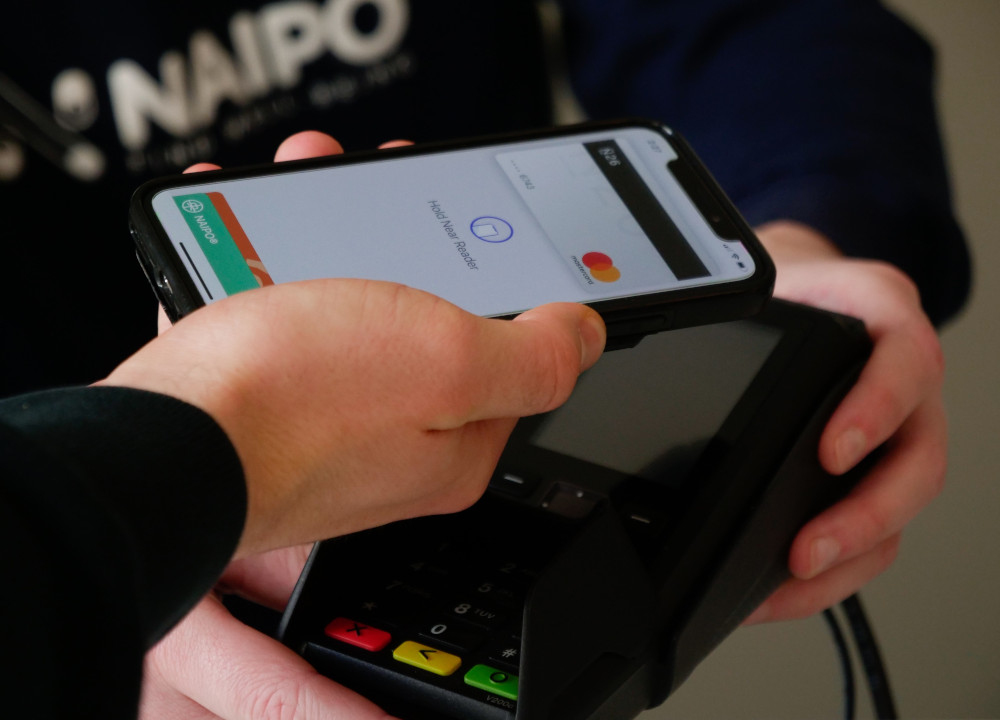Apple sued over monopoly on contactless payments

Tech giant Apple is facing a lawsuit in the US over allegations that its monopoly on contactless payments made using iPhones constitutes anti-competitive conduct.
iPhone users can only make contactless payments through Apple Pay, while users of Android-powered smartphones can choose between competing services like Google Pay and Samsung Pay.
The lawsuit, brought in Apple’s home state of California, alleges that Apple has extracted up to $1 billion per year in fees charged to US card issuers with every Apple Pay transaction — in contrast to Google and Samsung, who do not charge card issuers at all.
Law firms Hagens Berman and Sperling & Slater are taking forward the case on behalf of an Iowa-based credit union which is seeking to turn the case into a class action lawsuit on behalf of a class of US credit unions and financial institutions.
Steve Berman, co-founder and managing partner at Hagens Berman, said: “When you compare the functionality of Apple Pay to mobile wallets available on Android devices — Google Pay, Samsung Pay — you’re essentially holding up a mirror; they are essentially identical.
“And yet, the same service on Android that card issuers pay absolutely nothing for costs them a collective $1 billion annually through Apple Pay.
“The reason for this is simple. There is competition on Android devices, with multiple wallets offering contactless payments, whereas Apple has barred all rivals, making Apple Pay the only option.”
He added: “As a firm with a long history of antitrust successes, we’re no stranger to Apple’s monopolistic behaviour. We’re hoping for a hat-trick and we believe the economic evidence our team has amassed against Apple in this case is frankly undeniable. We look forward to fighting for this case.”








